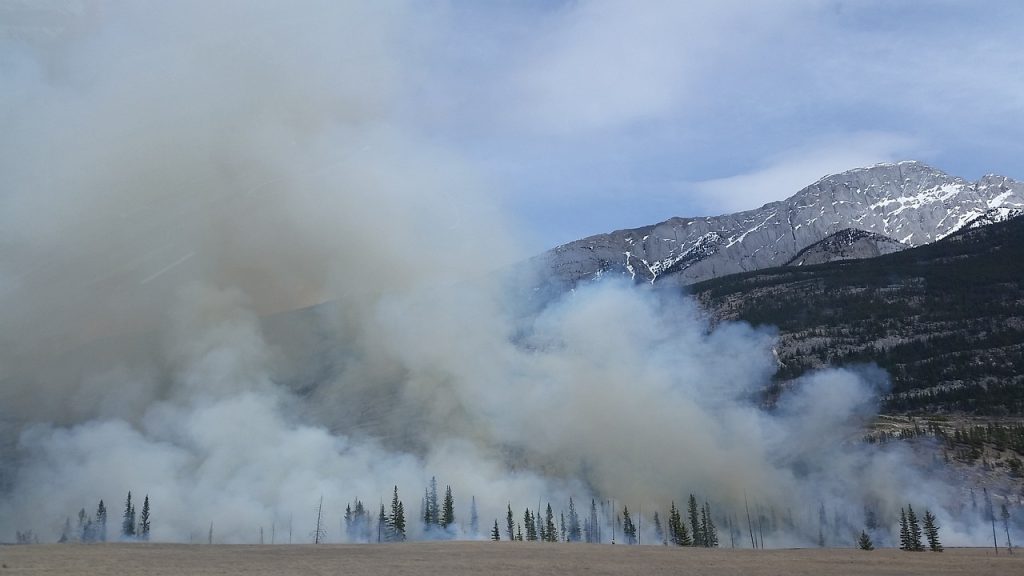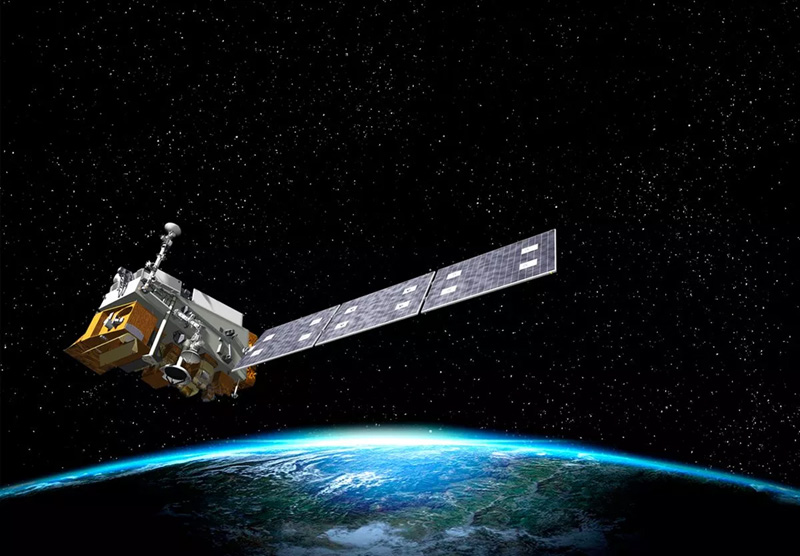Quantifying Sulfur Dioxide Emissions and Understanding Air Quality Impacts from Fire Activity
A team of researchers use observations from FIREX-AQ to quantify sulfur dioxide emissions from wildfires and agricultural burns across the western US to understand how regional and long-range air quality can be affected, in a new research study supported by AC4.










